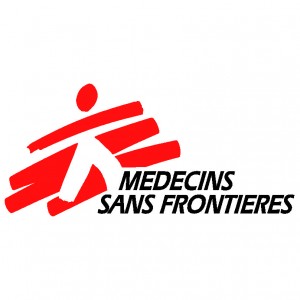 Least-developed countries fighting for TRIPS exemption extension
Least-developed countries fighting for TRIPS exemption extension
[MSF Press Release] On the appointment of Roberto Azevedo as Director General of the World Trade Organization, international medical humanitarian organisation Médecins Sans Frontières (MSF) has warned the WTO and incoming DG that access to medicines must become a priority. This includes allowing least-developed countries to remain exempt from introducing intellectual property rules, and maintaining the right of countries to use all flexibilities at their disposal to ensure access to affordable generic medicines.
“One of the new Director General’s first jobs should be ensuring that affordable access to medicines for all WTO Member States is a key priority”, said Rohit Malpani, Director of Policy and Analysis for MSF’s Access Campaign.
Mr Azevedo’s appointment comes as least-developed country (LDC) Member States have requested to remain exempt from implementing the Trade-Related Aspects of Intellectual Property Rights (TRIPS) Agreement until they are no longer classified as a LDC. A transition period for LDC Member States to avoid the introduction of some intellectual property (IP) rules is set to expire next month. The request for extension, submitted by LDCs in November 2012, would allow these countries to avoid monopoly protection for medicines, diagnostics and medical devices, which is essential in enabling access to low-cost versions of these products. LDCs also wish for an extension not to include a clause that would prevent them from being allowed to roll-back any existing IP rules.
However, developed countries, including the United States and countries from the European Union, are resisting calls for an extension or to allow LDCs to roll back existing IP rules.
“Least-developed countries already face an uphill battle to keep epidemics such as TB and HIV under control”, said Dr Jennifer Cohn, Medical Director for MSF’s Access Campaign. “It is critical to ensure access to newer medicines for these countries and asking them to apply stringent IP rules to the same level as developed countries would be catastrophic.”
MSF is also concerned that some Member States – in particular, the US – are disregarding developing countries’ right to use TRIPS flexibilities to ensure access to medicines. The US recently placed India – known as the ‘pharmacy to the developing world’ – on its Trade Priority Watch List over using legally sanctioned means to improve access to an expensive, but important, cancer medicine.
“I hope that Mr Azevedo will ensure that public health safeguards in the TRIPS Agreement are respected by all Member States and that countries which choose to implement those safeguards do so without fear of reprisal or reproach from other Member States”, said Mr Malpani. “The ability of countries to implement TRIPS flexibilities is vital to ensuring all people – particularly those in remote and resource-limited settings – have access to affordable medicines and essential medical care.”




